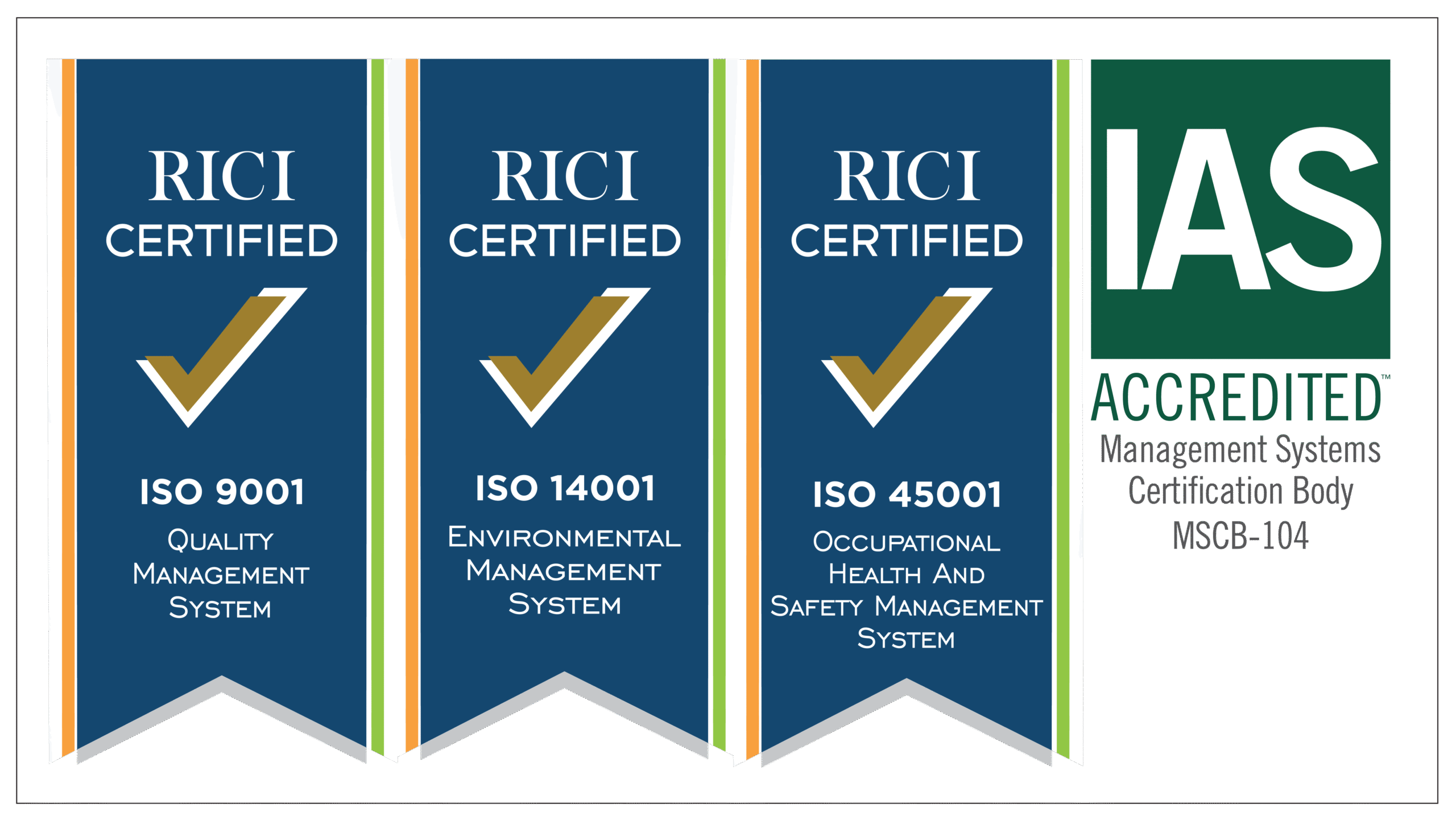The healthcare field is always changing, so operating efficiency is just as important
as professional quality. Payroll handling is one of the most difficult and challenging back-office tasks that
healthcare workers have to handle. In contrast to other industries, the healthcare sector has to deal with jobs that
are based on shifts, changing pay rates, union rules, government requirements, and a lot of different types of jobs.
All while making sure that workers are paid properly and on time.
These are the times when healthcare payroll services come in handy. Payroll systems
made just for healthcare companies can help make payroll tasks easier, make sure that rules are followed, and make
employees happier. Using a professional payroll service can make a big difference in keeping your business running
and keeping your employees, whether you run a hospital, clinic, drugstore chain, or eldercare centre.
We’ll talk about the unique payroll problems in the healthcare business, the pros of
outsourcing payroll, and what to look for in a healthcare payroll provider in this piece.
Unique Payroll Challenges in Healthcare
Healthcare payroll management is performed all over the world. The problems are a lot
more complicated than they would be in a normal business setting because
-
Complex Scheduling of Shifts
-
More than Just One Job Role
-
High Turnover of Workers
-
Regulatory Compliance
-
Staff from Contractors and Agencies
-
Problems with Staff Classification
People who work in healthcare often have to work night shifts, rotating shifts, and be
on call. Because of this change, you need flexible payroll handling tools that can correctly track and figure out
differentials and allowances.
It is not typical for healthcare professionals to hold more than one job. For example,
a nurse may also be responsible for office work. These need to be properly discovered and recognised, which makes
keeping track of time and paying people more difficult.
There is a high level of staff turnover in the healthcare industry, particularly among
nurses and support staff. Payroll management for a workforce that is always changing requires accuracy and
technology to avoid mistakes that cost a lot of money.
There are many wage laws and tax rules that healthcare providers have to follow. In
many places, they are also required to make pension and insurance payments. Compliance mistakes could lead to legal
trouble and damage to your image.
A lot of the time, hospitals hire casual or contract workers from outside companies.
To make sure that non-permanent employees get paid correctly and their taxes are filed on time, this needs to be
carefully coordinated.
It’s still not clear how to correctly classify employees, freelancers, and contract
workers. Misclassification can lead to tax problems and fines for not following the rules. A strong answer helps
make sure that all job contracts are properly written and understandable.
The Case for Outsourcing Payroll in Healthcare
Because of these problems, it’s not a surprise that healthcare groups are turning to
salary outsourcing companies more and more. This is why:
-
Better Accuracy and Fewer Mistakes
-
Enhanced Compliance
-
Focus on Core Healthcare Delivery
-
Cost Efficiency
-
Data Security and Confidentiality
Payroll services for businesses use computerised software and trained staff to make sure that the
calculations are always correct. This makes it much less likely that you will underpay, overpay or miss
payments.
In places like the Middle East and the GCC, where labour laws are always changing,
it’s hard to stay in line. An honest accounting service will make sure that all legal requirements are met,
including social insurance, tax deductions, and ending employment.
When healthcare companies outsource non-core routine tasks like payroll, they can
focus more on patient care and operational success. In turn, this means better care and happier patients.
When you do your accounting, you have to hire specialised HR and finance staff and
spend money on tools, training, and compliance. When you outsource, set costs become flexible costs, which makes it
easier to scale up or down and make budgets.
Payroll data has private information about employees in it. Top service providers
spend money on safe cloud-based systems, security technologies, and access controls to keep your data safe from
leaks and people who aren’t supposed to see it.
What You Should Look for in a Healthcare Payroll Service
There are differences between accounting systems. When looking for a payment partner
for your healthcare business, think about the following:
-
Data Security and Confidentiality
-
Real-Time Integration with Timekeeping Systems
-
Multi-Location Payroll Processing
-
End-of-Service and Gratuity Calculations
-
Detailed Reporting and Analytics
Make sure the provider can handle complicated shift schedules, figure out extra, and
set up different pay plans that are specific to healthcare.
Linking pay cheques to biometric or digital time-tracking systems cuts down on
mistakes made by hand and makes it easier for data to move.
If your business has more than one location, the accounting service should be able to
help with reporting and coordinating between all of them.
End-of-service benefit management that is done correctly is very important in places
like the Gulf Cooperation Council. You should look for companies that know the area laws and can do these
calculations automatically.
Customised reports, such as department-level payroll breakdowns, individual payslips,
and required reports, make things clearer and help people make decisions.
Payroll Services Today and the Role of Technology
The best payroll systems today are driven by computers. Cloud-based technologies let
healthcare managers see payroll information from anywhere, and AI tools can predict things like budgets, hiring
costs, and employee turnover.
Self-service portals are becoming more and more popular among healthcare workers
because they let them see their pay stubs, leave amounts, and tax forms without having to talk to HR. This not only
makes things clearer, but it also makes routine work easier.
Mobile-friendly technologies also let workers use their smartphones to clock in and
out, look at their schedules and ask for time off.
Healthcare Payroll in the GCC and MENA Region
Because of population growth, older populations, and big increases in infrastructure,
the Middle East’s health care system is growing fast. More public-private agreements are being made in places like
Saudi Arabia, the United Arab Emirates, and Bahrain, and medical travel is being encouraged.
Because of this rise, there is a bigger need for reliable management of employees.
Outsourcing payroll in this area has many strategic benefits, especially when it comes to dealing with local legal
issues and making sure that wage and immigration rules are followed.
In Saudi Arabia, for instance, the Wage Protection System (WPS) makes sure that pay is
paid on time and through official channels. In order to keep things running smoothly and avoid fines, a healthcare
payroll service must fully comply with these methods.
Also, as nationalism movements like Saudization and Emiratisation gain support,
payroll services play a bigger role in helping healthcare workers meet regional goals and keep track of activities
related to compliance.
Final Thoughts
Payroll management in healthcare isn’t just something that happens in the background;
it has a direct effect on how happy employees are, how well the business runs, and how legally it follows the law.
By transferring to a company that knows the specific needs of the healthcare business, institutions can lower their
risk, save time, and focus on giving better care.
Making sure your workers are paid correctly and on time is more than just a procedure
when you work in an industry where human capital is very important. It shows how dedicated you are to being polite
and loving.
Read Also: Payroll Outsourcing for
Accountants






